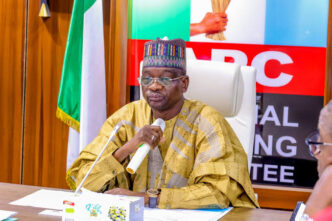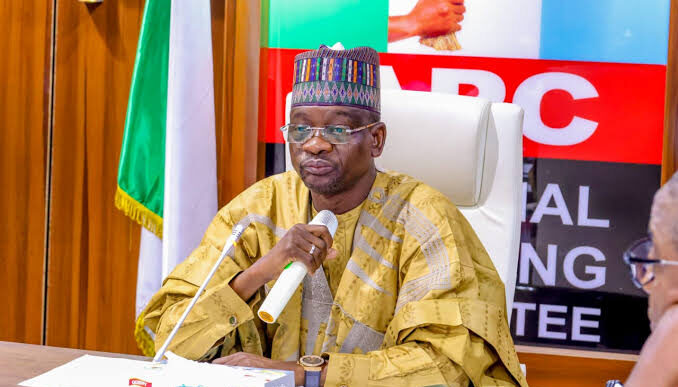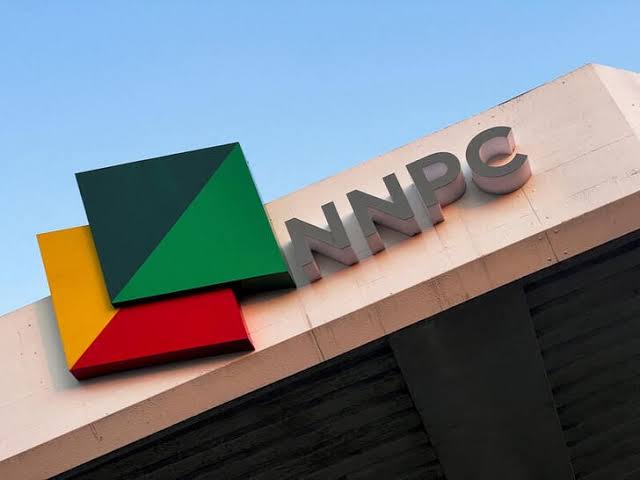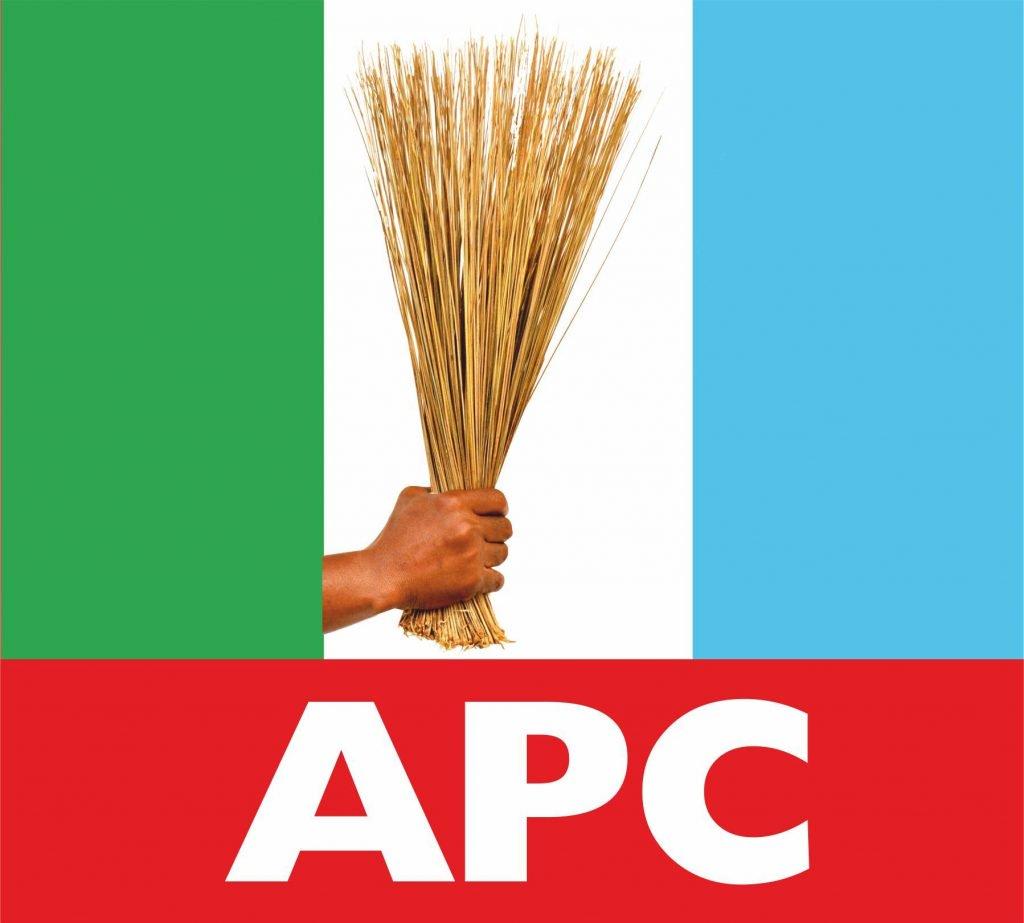President Bola Tinubu has initiated a change in Nigeria’s public-private partnership (PPP) project approval process by decentralising it.
Gatekeepers News reports that this new directive empowers the Infrastructure Concession Regulatory Commission (ICRC) to establish new approval thresholds for ministries, departments, and agencies (MDAs).
According to the revised framework, PPP projects valued at less than N10 billion for parastatals and N20 billion for ministries can now be approved internally by project approval boards (PABs), in compliance with ICRC guidelines and certification.
Jobson Ewalefoh, the director-general of the ICRC, announced this presidential directive in Abuja on Sunday, highlighting it as a transformative development for Nigeria’s infrastructure ecosystem. Previously, all PPP projects, irrespective of their value, had to be approved by the Federal Executive Council (FEC), which led to lengthy processes and restricted MDA participation.
“Only projects exceeding the thresholds or involving multiple MDAs will require FEC approval,” Ewalefoh said.
“Importantly, all such projects must be entirely privately funded, with no government guarantees or financial commitments from the treasury.
“Notwithstanding the new thresholds, every PPP project must be submitted to the ICRC for review and certification. The ICRC must issue certificates of compliance before any PPP project can be approved by the PAB and other approving bodies.”
Ewalefoh said the reform aligns with President Tinubu’s broader push to overhaul Nigeria’s public procurement and infrastructure financing systems.
He added that the new thresholds would unlock “low-value but high-impact projects” in critical sectors such as health, education, agriculture, and housing.
“With this framework, we expect private sector-led investments in projects like rural diagnostic centres, school blocks, student hostels, and affordable housing to be delivered faster, with less bureaucracy,” he said.
The ICRC director-general said the framework marks a shift from the previously adopted one-size-fits-all approach to a more dynamic and scale-sensitive model.
“This approval is a game-changer, especially for sectors like health, education, agriculture, and housing,” he added.
“We expect to see private sector-led investments in projects like rural diagnostic medical centers, construction of classroom blocks, student hostel and delivery of affordable housing schemes across the country—with less bureaucratic requirements under the new adopted process.
“By decentralising approvals, the government is supporting and unlocking investment opportunities through improved capital inflows, job creation, and faster project delivery—exactly what we need in this current economic climate.”
Ewalefoh said the ICRC will continue to promote, guide, facilitate, and regulate the PPP ecosystem in the country, while collaborating with other agencies in the infrastructure ecosystem.








